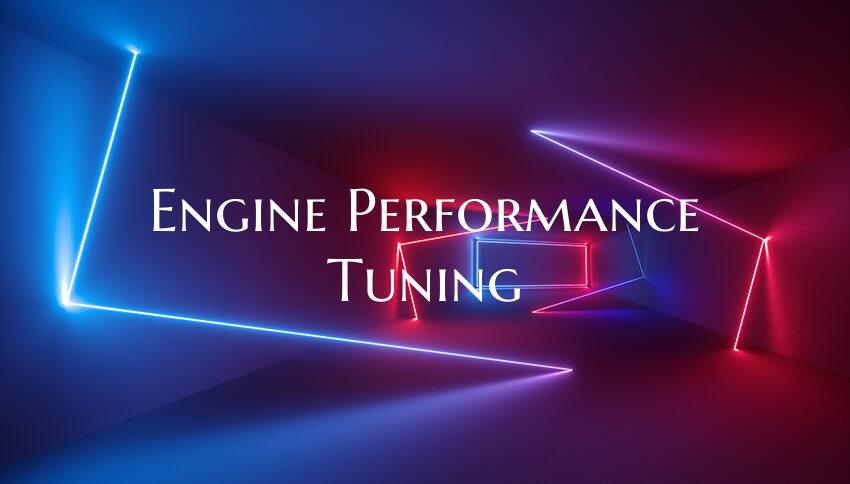Engine Performance Tuning
Introduction: Engine performance tuning is a popular practice among car enthusiasts looking to enhance the power, efficiency, and overall driving experience of their vehicles. By making adjustments to various components of the engine, drivers can achieve improved horsepower, torque, and fuel efficiency. In this article, we will delve into the world of engine performance tuning, exploring the techniques, benefits, and considerations associated with this practice.
What is Engine Performance Tuning? Engine performance tuning, also referred to as engine tuning, involves making modifications to the engine's components to optimize its performance. This process is done to unleash the full potential of the engine, resulting in increased power output, improved throttle response, and better overall efficiency.
Common Techniques of Engine Performance Tuning: 1. ECU Remapping: One of the most common techniques in engine performance tuning is electronic control unit (ECU) remapping. By adjusting the factory settings of the ECU, tuners can optimize the engine's fuel injection, ignition timing, and other parameters to improve performance.
2. Turbocharging or Supercharging: Adding a turbocharger or supercharger to the engine is another popular method of increasing power output. These devices force more air into the engine, allowing for greater combustion and increased horsepower.
3. Intake and Exhaust Upgrades: Upgrading the intake and exhaust systems can improve airflow into and out of the engine, enhancing performance. This can include installing a cold air intake, high-flow air filter, or performance exhaust system.
Benefits of Engine Performance Tuning: 1. Increased Horsepower and Torque: Engine tuning can significantly boost the horsepower and torque output of the engine, providing a more exhilarating driving experience.
2. Improved Fuel Efficiency: Contrary to popular belief, engine tuning can also enhance fuel efficiency by optimizing the combustion process and engine efficiency.
3. Better Throttle Response: Tuned engines often exhibit improved throttle response, allowing for quicker acceleration and a more responsive driving feel.
Considerations for Engine Performance Tuning: 1. Warranty Concerns: Modifying your engine for performance tuning purposes may void your vehicle's warranty. It's essential to consider the potential implications before making any modifications.
2. Expertise and Quality: It's crucial to entrust engine tuning to experienced professionals who have the knowledge and expertise to make reliable modifications without compromising the engine's longevity or reliability.
In conclusion, engine performance tuning offers drivers the opportunity to enhance their vehicle's performance in various ways. By utilizing techniques such as ECU remapping, turbocharging, and intake upgrades, enthusiasts can unlock the full potential of their engines and enjoy a more thrilling driving experience. However, it's important to approach engine tuning with caution and ensure modifications are done correctly to avoid any negative consequences.

